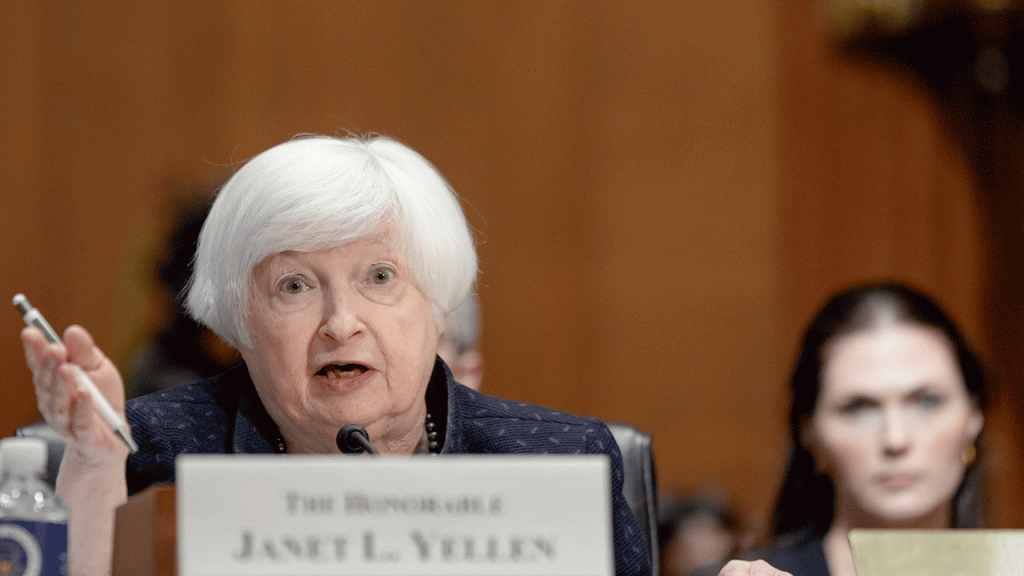Treasury Secretary Janet Yellen recently spoke out against China’s increased production in green energy sectors such as solar energy, electric vehicles, and lithium-ion batteries. She described this as unfair competition that distorts global prices, hurting American firms, workers, and those around the world. Yellen plans to address this issue with her Chinese counterparts during her upcoming trip to China, expressing concerns about the potential risks to productivity and growth in the Chinese economy. China currently dominates the market for electric vehicle batteries and has a rapidly growing auto industry that could challenge established carmakers worldwide.
Yellen’s remarks were delivered at a solar cell manufacturing facility in Georgia, called Suniva, which closed in 2017 due in part to cheap imports that flooded the market. The plant is reopening with the help of incentives provided by the Democrats’ Inflation Reduction Act, which offers tax incentives for green energy manufacturing. The reopening of this facility serves as a cautionary tale about the oversaturation of markets by Chinese products and reflects the strained economic relations between the U.S. and China, characterized by investment prohibitions and espionage concerns.
China recently filed a complaint against the U.S. with the World Trade Organization over what it claims are discriminatory requirements for electric vehicle subsidies. U.S. Trade Representative Katherine Tai defended the subsidies as a contribution to a clean energy future, while criticizing China for unfair non-market policies that undermine fair competition. The European Union has also launched an investigation into Chinese subsidies for electric vehicles, expressing concerns about the potential threat to its auto industry. Yellen highlighted the history of overinvestment and excess capacity in industries like steel and aluminum due to Chinese government support, leading to depressed prices in global markets.
Yellen’s concerns are echoed by other industrialized countries and emerging markets, as well as the global business community. She noted that Chinese government support has led to overinvestment and excess capacity in industries, which has had negative repercussions on the global economy. Yellen’s remarks contrast with Chinese leader Xi Jinping’s recent calls for closer trade ties with the U.S. during a meeting with American business leaders in Beijing. Despite ongoing trade tensions, Xi emphasized the mutually beneficial economic relationship between the two largest economies in the world, amidst accusations of unfair trade practices and intellectual property theft from the U.S. Yellen’s speech reflects broader concerns in the international community about China’s growing dominance in key green energy sectors and its potential impact on global markets.















